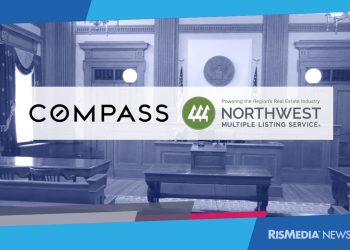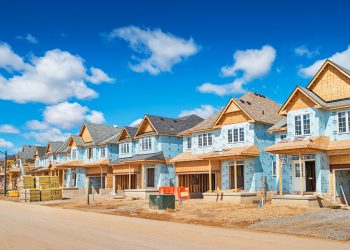Home prices keep rolling, up 5.3 percent in third quarter of 2017, according to the latest quarterly report by the National Association of REALTORS® (NAR).
“The stock market’s climb to new record highs, the continued stretch of outstanding job growth and mortgage rates under 4 percent kept homebuyer demand at a very robust level throughout the summer,” says Lawrence Yun, chief economist at NAR. “Unfortunately, the pace of new listings was unable to replace what was quickly sold. Home shoppers had little to choose from, and many had out outbid others in order to close on a home. The end result was a slowdown in sales from earlier in the year, steadfast price growth and weakening affordability conditions.
“While there was some moderation in price appreciation last quarter, home prices still far exceed incomes in several parts of the country—especially in the largest markets in the South and West where new-home construction simply is not keeping up with job growth,” Yun says.
Single-family home prices went up in 92 percent of markets assessed in the report, or 162 of 177 metropolitan statistical areas (MSAs). Eleven percent of, or 19, metro areas saw prices up by double digits. At the national level, the median existing single-family home price was $254,000, and the median existing condominium price was $237,200.
Home prices in the West grew at the highest year-over-year rate, 7.0 percent to a median existing single-family value of $373,700, according to the report. Prices in the Midwest followed at 5.6 percent to a median $202,400, while prices in the South were up 5.5 percent to a median $226,100. Prices in the Northeast grew at the lowest year-over-year rate, 4.1 percent to a median $283,300.
Affordability, meanwhile, remained weak in the third quarter. A homebuyer with a 5 percent down payment would need an income of $55,142 to afford a single-family home priced at the national median. A homebuyer with a 10 percent down payment would need an income of $52,240, and a homebuyer with a 20 percent down payment would need an income of $46,435.
“Affordability pressures are frustratingly occurring in places where jobs are plentiful and incomes are rising,” says Yun. “Without a significant boost in new and existing inventory to alleviate price growth, job creation could slow in high-cost areas in upcoming years if residents begin exiling to more affordable parts of the country.”
The most expensive metro areas by median existing single-family price in the third quarter were San Jose, Calif. ($1,165,000); San Francisco, Calif. ($900,000); Anaheim-Santa Ana, Calif. ($790,000); urban Honolulu, Hawaii ($760,200); and San Diego ($607,000). The least expensive areas were Decatur, Ill. ($86,300); Youngstown-Warren-Boardman, Ohio ($88,900); Cumberland, Md. ($96,400); Wichita Falls, Texas ($113,800); and Elmira, N.Y. ($117,300).
Existing-home sales, including condos, fell 3.1 percent to 5.39 million in the third quarter, according to the report. Existing homes available for sale were down 6.4 percent year-over-year to 1.90 million at the end of the quarter, with an average supply of 4.2 months.
For more information, please visit www.nar.realtor.
For the latest real estate news and trends, bookmark RISMedia.com.











